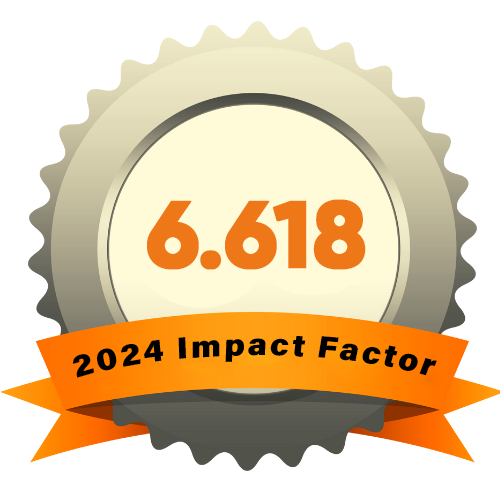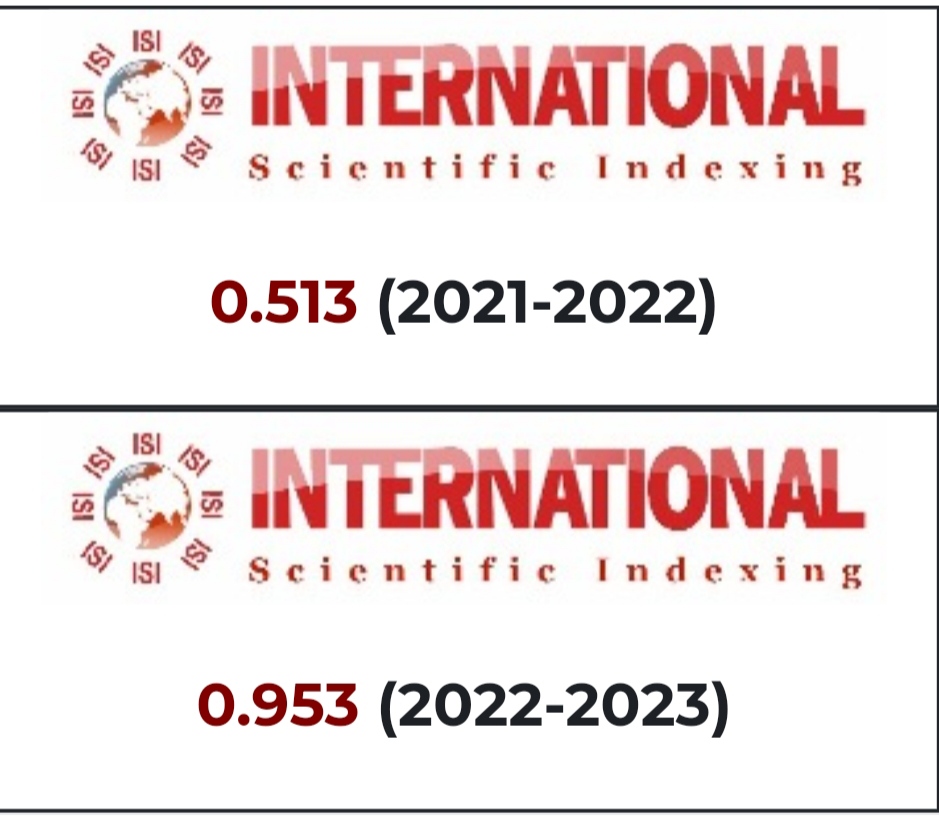THE ROLE OF PARENTS IN CHILDREN’S EARLY LEARNING
Abstract
Early childhood is a critical period in the development of a child's cognitive, emotional, and social skills, and the role of parents in this process cannot be overstated. Parents are the first teachers and role models for their children, and their involvement in their children's education has a profound impact on their academic and overall success. This research paper explores the various ways in which parents can contribute to their children's early childhood learning, including creating a supportive learning environment, promoting positive attitudes towards learning, and actively engaging in educational activities with their children. The paper also examines the benefits of parent involvement in early childhood education and the impact it has on the child's later success in school and in life.
References
Bornstein MH, Tamis-Lemonda CS. Maternal responsiveness and cognitive development in children. In: Bornstein MH, ed. Maternal responsiveness: Characteristics and consequences. San Francisco, CA: Jossey-Bass; 1989:49-61.
Ainsworth M, Blehar M, Waters E, Wall S. Patterns of attachment: A psychological study of the Strange Situation. Hillsdale, NJ: Erlbaum; 1978.
Grusec JE, Goodnow JJ. Impact of parental discipline methods on the child's internalization of values: A reconceptualization of current points of view. Developmental Psychology; 1994:1-19.
Rogoff B. Apprenticeship in Thinking. New York, NY: Oxford University Press; 1990.
Stroufe LA. Infant-caregiver attachment and patterns of adaptation in preschool: The roots of maladaptation and competence. In: Perlmutter M, ed. Minnesota Symposia in Child Psychology. Hillsdale, NJ: Erlbaum; 1983:41-83.
Landry SH, Smith KE, Swank PR. Responsive parenting: Establishing early foundations for social, communication, and independent problem solving. Developmental Psychology; 2006: 627-642.
Maccoby EE, Martin JA. Socialization in the context of the family: Parent-child interactions. In: Mussen PH, Hetherington EM, eds. Handbook of child psychology. 4th ed. New York, NY: Wiley; 1983:1-101.
Baumrind D. Rearing competent children. In: Damon W, ed. Child development today and tomorrow. San Francisco, CA: Jossy-Bass; 1989:349-378.
Tomasello M, Farrar JM. Joint attention and early language. Child Development; 1986:1454-1463.
Vygotsky LS. Mind in society: The development of higher psychological processes. Cambridge, United Kingdom: Harvard University Press; 1978.
Landry SH, Smith KE, Swank PR, Assel MA, Vellet S. Does early responsive parenting have a special importance for children's development or is consistency across early childhood necessary? Developmental Psychology; 2001:387- 403.
Landry SH, Smith KE, Miller-Loncar CL, Swank PR. Predicting cognitive- linguistic and social growth curves from early maternal behaviors in children at varying degrees of biological risk. Developmental Psychology; 1997:1040-1053.
Bradley RH, Caldwell BM, Rock S. Home environment and school performance: A ten-year followup and examination of three models of environmental action. Child Development: 1988; 852-867.
Belsky J, Hertzog C, Rovine M. Causal analyses of multiple determinants of parenting: Empirical and methodological advances. In: Lamb M, Brown A, Rugoff B, eds. Advances in Developmental Psychology. Hillsdale, N.J.: Lawrence Erlbaum Associates; 1986:153-202.
Guttentag C, Pedrosa-Josic C, Landry SH, Smith KE, Swank PR. Individual variability in parenting profiles and predictors of change: Effects of an intervention with disadvantaged mothers. Journal of Applied Developmental Psychology; 2006:349-369.
Dieterich SE, Landry SH, Smith KE, Swank PR. Impact of community mentors on maternal behaviors and child outcomes. Journal of Early Intervention; 2006:111-124.
Landry SH, Smith KE, Swank PR, Guttentag C. Responsive parenting: The optimal timing of an intervention across early childhood. Developmental Psychology.











